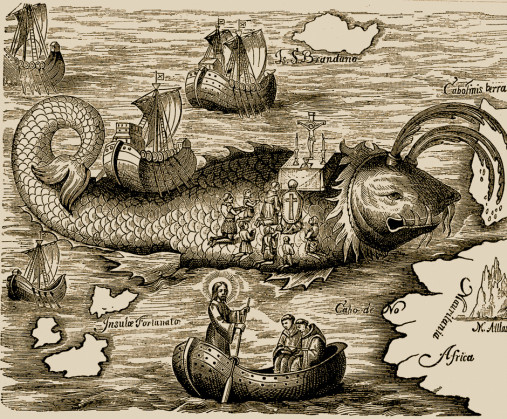
This Is a Lie
Turns out it’s a myth. An urban legend perpetuated because it’s good for you. It gets kids to brush their teeth, reduces sugar intake. Establishes good habits.

Turns out it’s a myth. An urban legend perpetuated because it’s good for you. It gets kids to brush their teeth, reduces sugar intake. Establishes good habits.
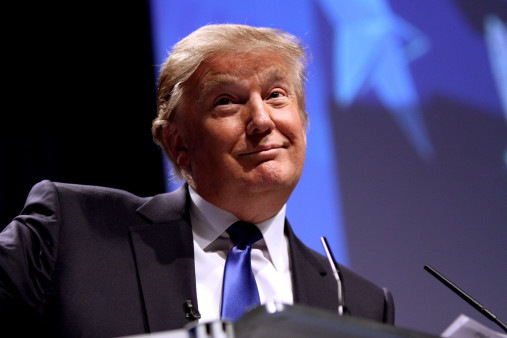
I don’t know about Saudi Arabia. I’m not rich, either. I don’t lead an empire. I don’t have Kurt Cobain’s talent or Robin Williams’ fame or Donald Trump’s confidence. I’m just another guy.
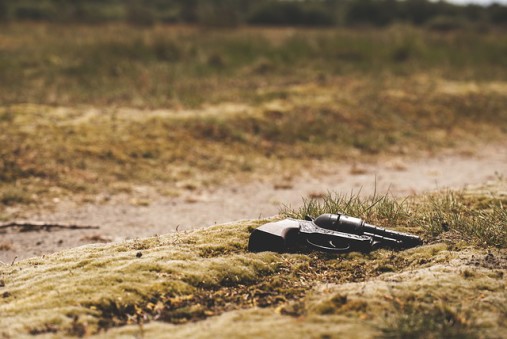
It’s not a pretty place. The hazy opium dens and the tobacco-smoke saloons disappeared from dusty California mining towns long ago, and they’ve since set up shop here. You want opium? You got it. How about Craigslist prostitutes? pirated textbooks? fake I.D.s or stolen credit cards?

No one believes it. I didn’t believe it, until I grabbed the bumper, tried to lift, and realized I didn’t even know how to grip the thing. I’m writing about an experience I still don’t fully understand, and the sharing of it is even more incomprehensible.
He got in the car with young pregnant mothers, a grandmother, a Vietnam veteran, a police officer, a pastor, a criminal, a bunch of teenagers and even a man who used to be a meth cook.

I know that the muscled, emotionally stable mountain climber who woos intelligent women, writes bestselling memoirs, and dispenses wisdom to a crowd of intimate friends won’t ever materialize.

Amazon, for all its bullying and undercutting, holds no monopoly. It is, in fact, the opposite: a monopsonist, a beloved monster reversing the grapes of wrath, in a sense, so product flows like honey while the sellers rot.
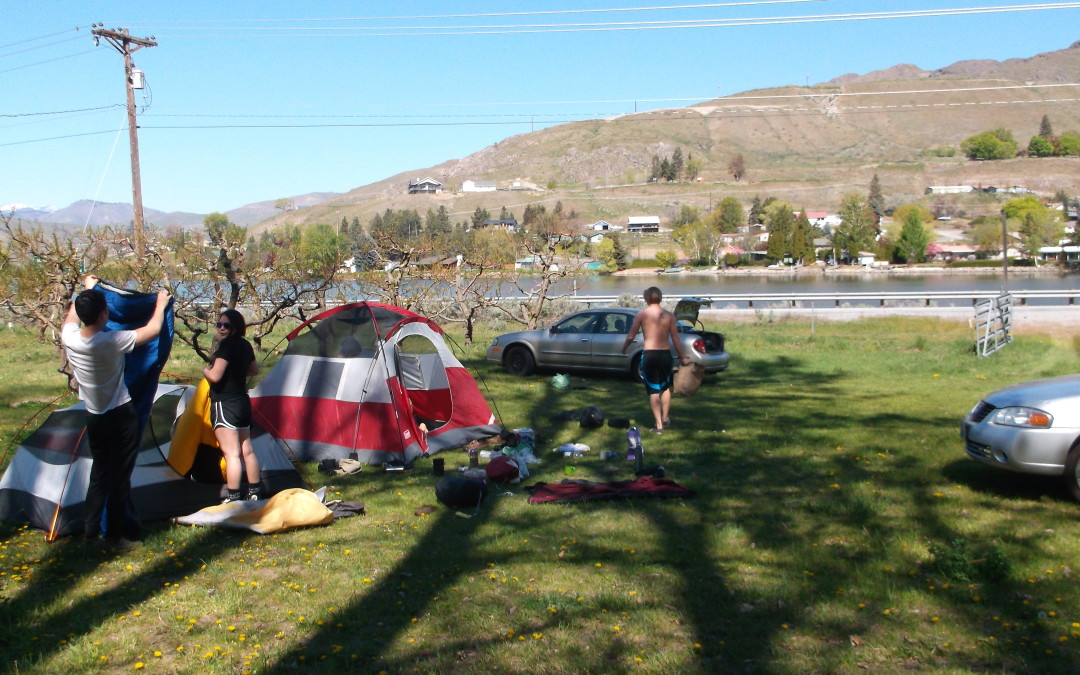
One day of climbing and two nights of camping and an eternity of driving down this endless, evening road when I rounded a turn and my headlights found a hitchhiker.

I’m typing this in Shari’s, where I paid seven dollars for late-night wifi, warmth, and a place to charge my phone—plus bonus buffalo wings—after spending the evening in a library and showering at a gym.

It spoke to Plath the suicidal, Keruouc the drunk, Hemingway the shotgunned, and—Snyder, voice of Buddhist Beats, who did not die of lead or alcohol, but found peace in tin cups and axe handles.
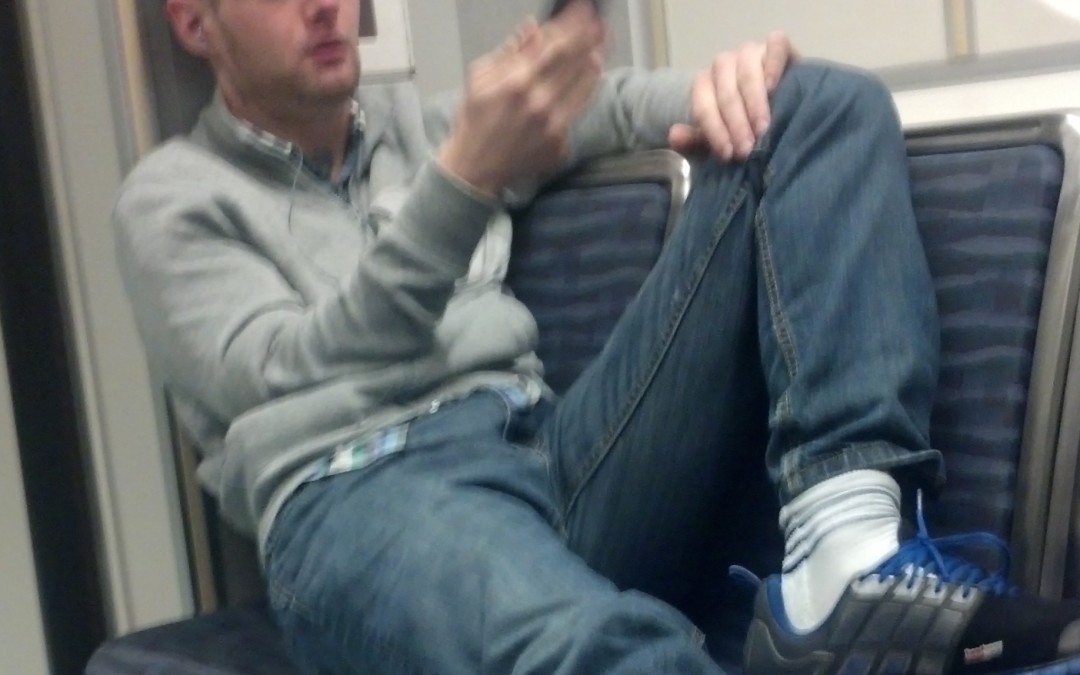
The car was mostly empty. A few solo riders in the front half, and a family in the back. No security or ticket-takers.
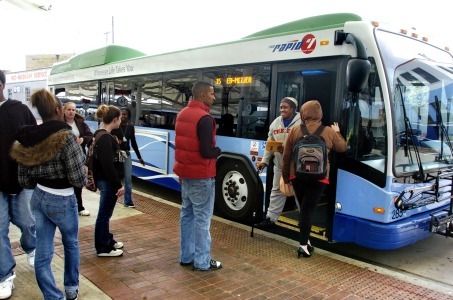
You don’t talk to people on the Metro. You don’t talk to coworkers, you don’t talk to friends, and you especially don’t talk to strangers. Talking is the mark of the tourist.
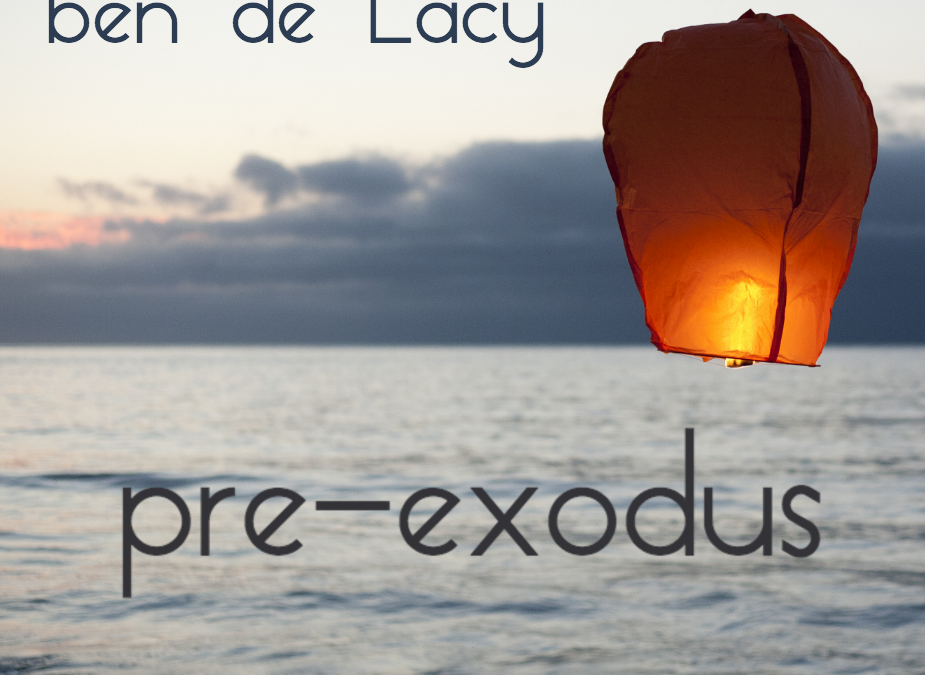
I discovered the other side of recorded music. The side we didn’t talk about in Professor Nordling’s class, and the side that makes recorded music even more challenging, I think, than live music.

But this is efficient, I tell myself. Hot food requires a stove, and a stove requires money, and I am a sophomore trying to backpack Europe on a budget. Food seemed like the best place to cut corners.